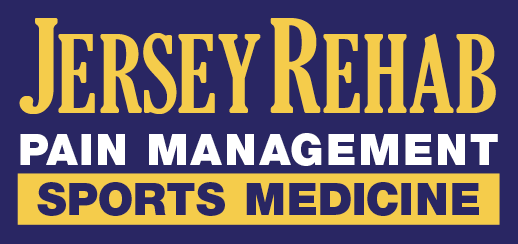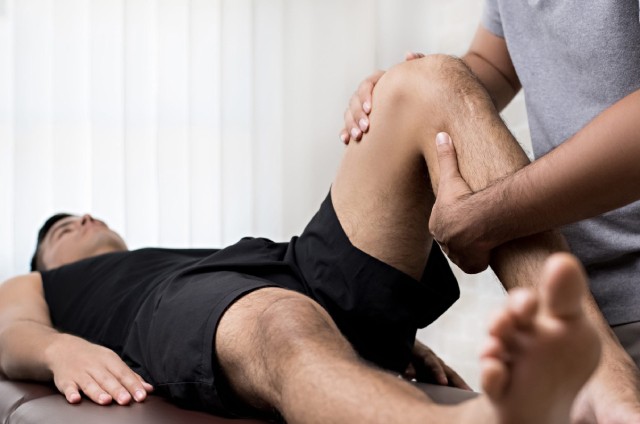Benefits of Physical Therapy in Sports Medicine
While injuries are a common occurrence in sports, they can still disrupt an athlete’s performance, sideline their training and affect their overall well-being. However, the field of sports medicine offers a powerful solution: physical therapy.
Physical therapy plays a pivotal role in sports medicine by not only aiding in injury recovery but also enhancing performance and preventing future injuries. Let’s explore the remarkable benefits of physical therapy in sports medicine and how it empowers athletes to overcome challenges and reach their full potential.
Injury Rehabilitation
Physical therapy is crucial for athletes recovering from injuries. Skilled physical therapists design customized rehabilitation programs that focus on restoring strength, flexibility and range of motion. By gradually reintroducing athletes to controlled exercises, therapy helps injured muscles, ligaments and tendons heal properly, reducing the risk of reinjury.
Pain Management
Chronic pain resulting from sports injuries can significantly hinder an athlete’s performance. Physical therapists use a variety of techniques, such as manual therapy, modalities (e.g., heat, cold, ultrasound) and therapeutic exercises to alleviate pain and improve mobility. These therapies are safe, effective and reduce the need for medication.
Individualized Treatment Plans
Physical therapists take a holistic approach to each athlete’s needs. They assess the specific injury, underlying factors and the athlete’s goals to create tailored treatment plans that address their unique circumstances. These treatment plans also help athletes reintegrate into their chosen sport.
Restoring Functionality
In sports, it’s not just about recovering; it’s about restoring functionality. Physical therapy targets functional movements specific to an athlete’s sport, ensuring that they regain the physical capabilities required for optimal performance.
Preventing Future Injuries
Physical therapists don’t just treat existing injuries; they also work to prevent future ones. They identify biomechanical issues, muscle imbalances and weaknesses that could lead to injuries and design exercises to address these concerns. Athletes learn a lot about their body and risk factors this way!
Enhancing Athletic Performance
Another thing physical therapy can do is improve an athlete’s overall performance. By enhancing strength, flexibility and movement efficiency, athletes can unlock their full potential and excel in their chosen sport, despite occasional injuries.
Psychological Well-being
Sports injuries can take a toll on an athlete’s mental health, especially when they have to sit out for several weeks or months. Fortunately, physical therapy sessions provide a supportive environment, helping athletes cope with the emotional challenges of rehabilitation and fostering a positive outlook.
Education and Empowerment
A significant aspect of physical therapy is educating athletes about their injuries, treatment plans and preventive measures. This empowers athletes to take an active role in their recovery and long-term well-being. Education also helps athletes return to play faster, as they understand the importance of healing and returning gradually to reduce the risk of reinjury.
Sports Medicine Doctors in New Jersey
Physical therapy’s transformative impact in sports medicine is undeniable. From facilitating injury recovery to fine-tuning athletic performance, physical therapy plays a crucial role in an athlete’s journey. If you were recently injured while playing sports, contact the sports medicine doctors at Jersey Rehab. We can help you get back to doing what you love sooner!

